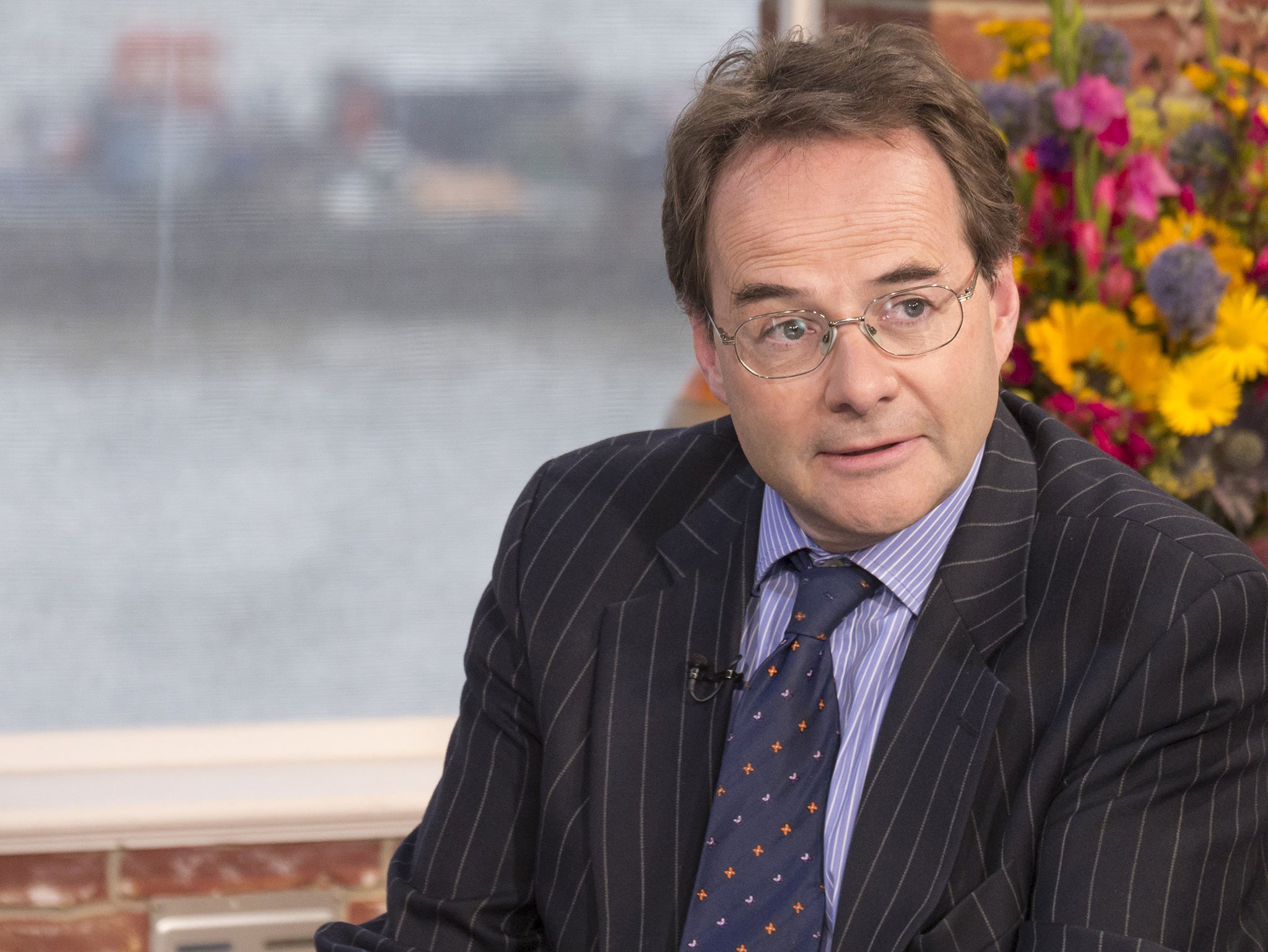Radio 4 programme criticising Met Office over global warming was 'serious breach' of BBC impartiality rules
'What’s the Point of...the Met Office?' criticised after mocking weather service's presenters as 'emotionally splashy'

Your support helps us to tell the story
From reproductive rights to climate change to Big Tech, The Independent is on the ground when the story is developing. Whether it's investigating the financials of Elon Musk's pro-Trump PAC or producing our latest documentary, 'The A Word', which shines a light on the American women fighting for reproductive rights, we know how important it is to parse out the facts from the messaging.
At such a critical moment in US history, we need reporters on the ground. Your donation allows us to keep sending journalists to speak to both sides of the story.
The Independent is trusted by Americans across the entire political spectrum. And unlike many other quality news outlets, we choose not to lock Americans out of our reporting and analysis with paywalls. We believe quality journalism should be available to everyone, paid for by those who can afford it.
Your support makes all the difference.A Radio 4 programme which claimed that the Met Office exaggerated the threat posed by global warming as part of a “political lobbying” campaign, was a “serious breach” of the BBC’s rules on impartiality and accuracy, the corporation’s governing body has found.
The BBC Trust criticised the programme, What’s the Point of...the Met Office?, presented by the journalist and sketchwriter Quentin Letts, which featured contributors who mocked the science behind global warming and described the weather service’s presenters as “emotionally splashy.”
The programme said the Met Office was promoting a controversial “climate change theory”, which could be described as a “fiction”. The Met Office made alarmist claims and “exaggerated the threat posed by global warming to ‘biblical’ proportions as part of its ‘political lobbying’.”
But the episode failed to make clear that the Met Office’s underlying views on climate change science - that it is being caused by human activity - were “supported by the majority of scientists,” the Trust said.
The body also criticised a lack of balance. Contributors included Peter Lilley MP, Graham Stringer MP, forecaster Piers Corbyn, who reject the science behind man-made climate change. “Contributors were not always introduced with sufficient information to allow audiences to be aware of the perspective they were speaking from and to understand their views accordingly.”
“Audiences were not given sufficient information about prevailing scientific opinion to allow them to assess the position of the Met Office and the Met Office position on these criticisms was not adequately included in the programme.”
The Trust found that when a draft script for the programme was seen by the production team, the “contentious nature of the output relating to climate science was not recognised.” Producers “did not make sufficient editorial checks or exert adequate control to ensure due impartiality and due accuracy.”
Richard Ayre, Chair of the Trust’s Editorial Standards Committee said: “It is clear that this programme fell well short of the standards of impartiality audiences have a right to expect. The BBC recognises this and the Trust will receive updates on the steps the BBC Executive has said it is taking.” The programme will not be repeated and has been removed from the BBC iPlayer.
Letts, a writer for the Daily Mail, told the Trust that he did not have a particular position on climate change and that this was why he had referred to “foggy debate” in his script. He considered it was incontestable that ongoing discussion about responses to climate change had created public uncertainty on global warming.
The Met Office lost its BBC weather forecasting contract in August, after providing the data used for BBC forecasts since 1922.
Subscribe to Independent Premium to bookmark this article
Want to bookmark your favourite articles and stories to read or reference later? Start your Independent Premium subscription today.
Join our commenting forum
Join thought-provoking conversations, follow other Independent readers and see their replies
Comments